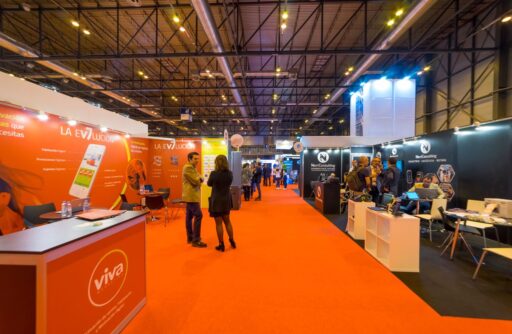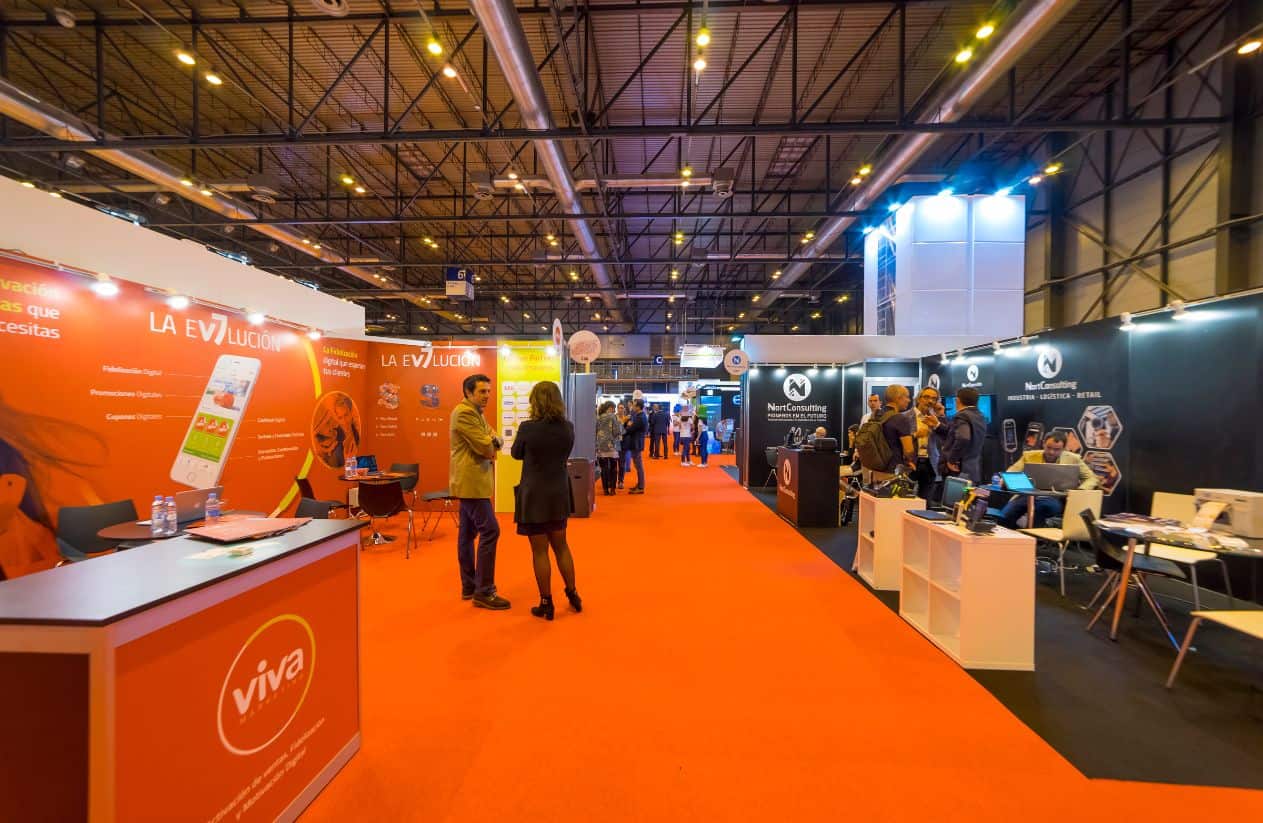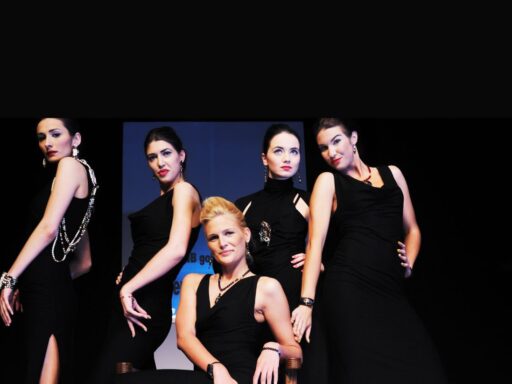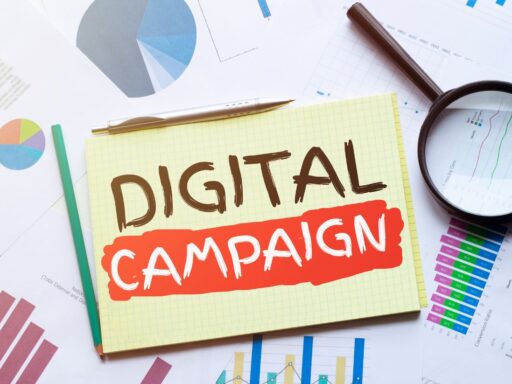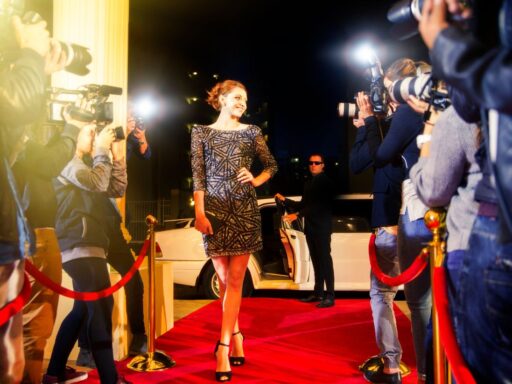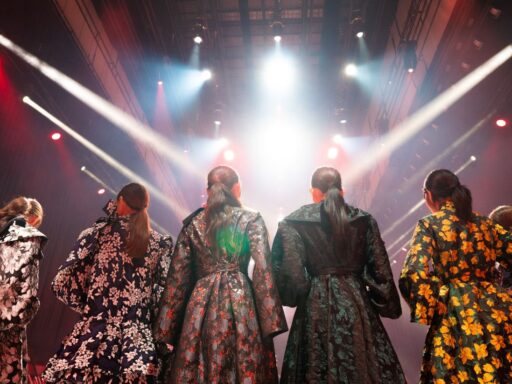Event marketing aims to create memorable experiences that connect brands with their target audience. It’s about more than just setting up a booth; it’s about building relationships and driving business.
A key, often overlooked, element of successful event marketing is the strategic use of models. We’re not just talking about runway stars; brand ambassadors, product specialists, and even engaging emcees all fall under this umbrella.
These individuals act as the face of your brand,bringing products to life and creating genuine connections with attendees.
From boosting brand visibility to capturing valuable leads, the role of models in event marketing can be transformative. When strategically selected and deployed, models significantly enhance event impact, brand visibility, and audience engagement.
Key Takeaways: The Role of Models in Event Marketing
- Models are more than just looks: They are brand ambassadors, product specialists, and engagement drivers.
- Strategic planning is crucial: Define objectives, select models carefully, and provide thorough training.
- Communication is key: Maintain clear communication with models and agencies throughout the process.
- Maximize their potential: Strategically place models and assign them meaningful activities.
- Measure your ROI: Track the effectiveness of your model usage to demonstrate value.
- Avoid common pitfalls: Beware of mismatches, lack of training, poor communication, and underutilization.
- Professionalism matters: Treat models with respect and create a positive working environment.
- The impact is lasting: Well-integrated models create memorable experiences and drive brand success.
Types of Models Used in Event Marketing

The role of models in event marketing is diverse, encompassing a range of individuals who contribute to event success in distinct ways. Brand ambassadors serve as the friendly face of your brand, forging connections with attendees and embodying your company’s values. They’re not just handing out flyers; they’re building rapport and creating positive brand associations.
Product specialists bring expertise to the table, showcasing product features and benefits with authority and passion. They can answer complex questions, demonstrate functionality, and ultimately drive sales.
Promotional models excel at attracting attention and generating buzz around your booth or activation. They draw crowds and create excitement, making your brand stand out in a crowded event space.
Emcees and hosts are the glue that holds the event together. They keep the program flowing smoothly, introduce speakers, engage the audience, and ensure everything runs on schedule. Finally, while influencers can be considered a type of model, their impact is significant enough to warrant a deeper dive.
For a comprehensive understanding of leveraging influencers in your event strategy, check out our dedicated guide on influencer marketing: What You Need to Know Before Booking Models for Corporate Events.
Benefits of Using Models in Event Marketing

The benefits of strategically incorporating models into your event marketing strategy are numerous and can significantly impact your overall event success.
Increased brand awareness is a primary advantage. Models, especially those with a strong presence or following, can draw attention and create a buzz around your brand, making it more visible and memorable. They act as a magnet, attracting attendees to your booth or activation.
Beyond mere visibility, models contribute to an enhanced brand image. By carefully selecting models who embody your brand’s aesthetic and values, you can reinforce the desired perception and create a cohesive brand experience.
Improved audience engagement is another key benefit. Models can interact with attendees, answer questions, demonstrate products, and create memorable experiences that foster a deeper connection with your brand.
This interaction can translate directly into lead generation. Models can facilitate lead capture by collecting contact information, scanning badges, or running contests. Finally, and perhaps most importantly, models can contribute to sales and conversions.
Whether they’re demonstrating a product, answering questions about pricing, or simply creating a positive brand association, models can play a crucial role in driving sales at your event.
Understanding the role of models in event marketing and how they contribute to these benefits is crucial for maximizing your event ROI.
How to Effectively Use Models in Event Marketing

Maximizing the impact of models in your event marketing requires careful planning and execution. It’s not enough to simply hire attractive individuals; you need a strategic approach.
First and foremost, define clear objectives. What do you hope to achieve by using models at your event? Are you focused on increasing brand awareness, generating leads, or driving sales? Your objectives will guide your model selection and their activities.
Next, engage in careful model selection. Match models to your brand, target audience, and the specific type of event. Consider factors like experience, personality, and alignment with your brand’s values.
Comprehensive training is essential. Equip your models with the necessary product knowledge, communication skills, and event-specific information. They should be able to answer questions, engage attendees, and represent your brand professionally.
Consider strategic placement and activities. Maximize model visibility and impact by placing them strategically within the event space and assigning them specific tasks. Whether it’s demonstrating products, greeting attendees, or facilitating contests, ensure their activities align with your objectives.
Finally, measuring ROI is crucial. Track the effectiveness of your model usage by monitoring key metrics like lead generation, sales, and brand mentions. This data will help you demonstrate the value of your investment and refine your strategy for future events.
Best Practices for Working with Models
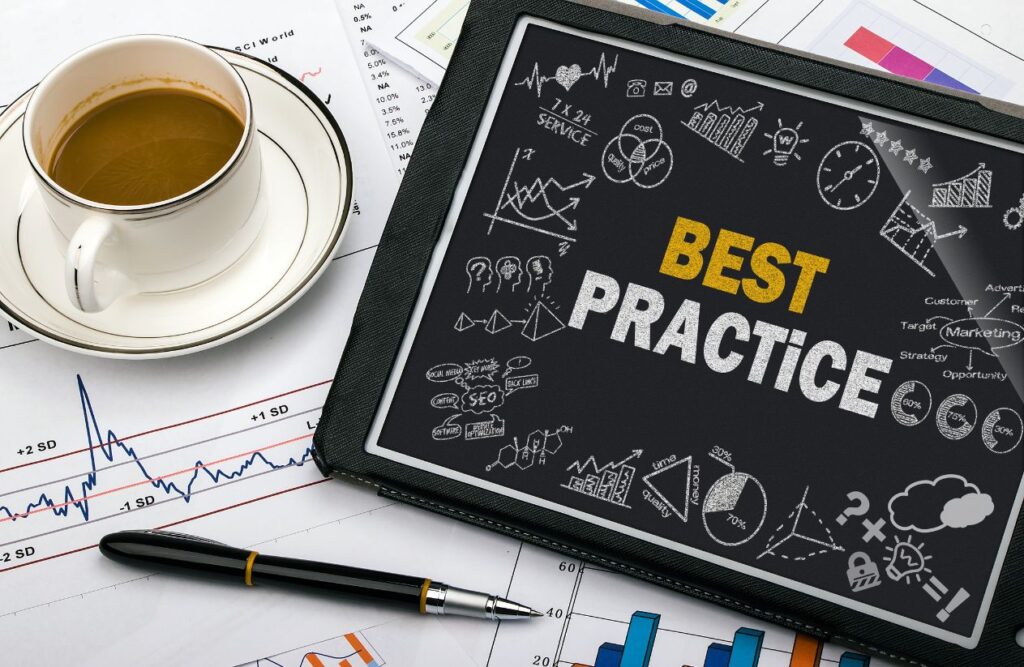
Working effectively with models requires professionalism and clear communication to ensure a successful and mutually beneficial partnership.
Clear contracts and agreements are essential, protecting both the brand and the models. These agreements should outline responsibilities, payment terms, usage rights, and any other relevant details.
Maintaining professionalism and respect is paramount. Foster a positive and ethical working environment where models feel valued and appreciated. Treat them with courtesy and respect, and ensure their well-being during the event.
Effective communication is key. Establish clear communication channels between the brand, the agency (if applicable), and the models. Ensure everyone is informed about event details, expectations, and any changes to the schedule.
Finally, on-site management is crucial. Provide support and guidance to models during the event. Have a dedicated point of contact available to answer questions, address concerns, and ensure everything runs smoothly.
Understanding these best practices for the role of models in event marketing will contribute to a positive and productive experience for everyone involved.
Common Mistakes to Avoid
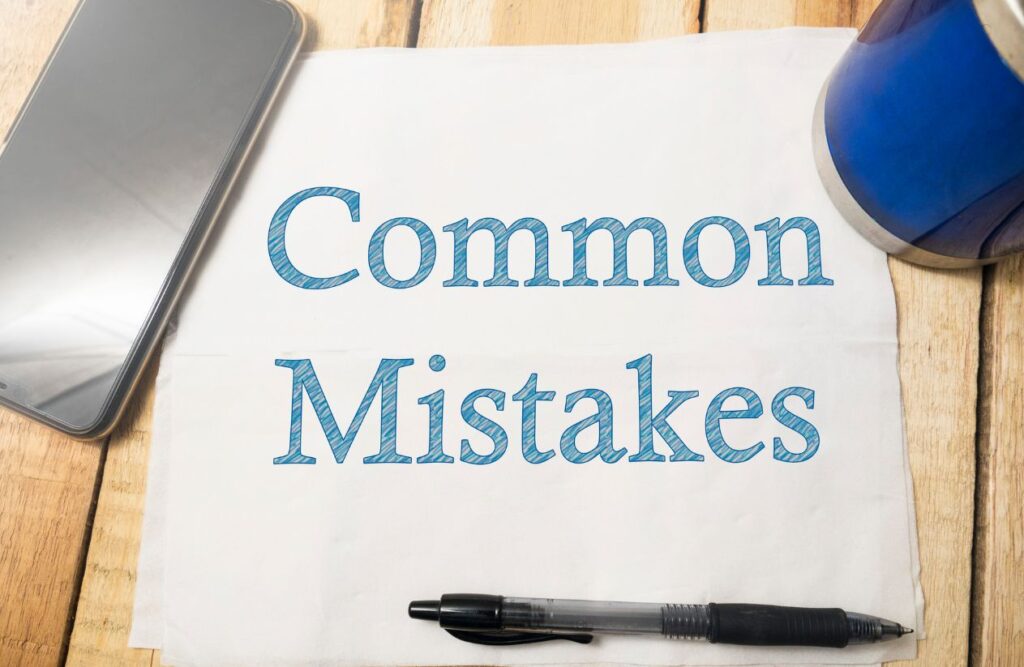
Even with careful planning, some common mistakes can derail your efforts when using models in event marketing. Inappropriate model selection is a frequent pitfall.
Mismatches between models and the brand or target audience can create a disconnect and damage your brand image. Choosing models who don’t align with your brand’s values or appeal to your target demographic can be counterproductive.
Lack of training is another common mistake. Models who are unprepared or uninformed can’t effectively represent your brand or products. Failing to provide adequate product knowledge and communication skills training can lead to missed opportunities and negative interactions with attendees.
Poor communication can also create problems. Misunderstandings or a lack of clarity between the brand, the agency, and the models can lead to confusion, frustration, and even no-shows.
Finally, underutilization of models is a waste of resources. Not maximizing the potential of models at the event is a missed opportunity. If you’re investing in models, make sure they’re actively engaged in activities that contribute to your event objectives.
Avoiding these common mistakes will help you ensure the role of models in event marketing is a positive and impactful one.
Also check our article“How to Find the Right Talent for High-End Fashion Events”
Conclusion: The Power of Strategic Model Use
In summary, the role of models in event marketing extends far beyond simply looking good. When strategically selected, trained, and deployed, models can be powerful assets, driving brand awareness, enhancing brand image, improving audience engagement, generating leads, and even boosting sales.
We’ve explored the various types of models, the benefits they offer, and the best practices for working with them effectively. From brand ambassadors connecting with attendees to product specialists showcasing features, each role contributes to a successful event. Remember, strategic planning and execution are paramount.
Defining clear objectives, careful model selection, comprehensive training, and strategic placement are all crucial steps. By avoiding common mistakes and adhering to best practices, you can ensure a positive and productive experience for both your brand and the models involved.
Ultimately, well-executed model integration in event marketing leaves a lasting impact, creating memorable experiences that resonate with your target audience and contribute to long-term brand success.
Since your looking for a model, check the list below of our recommended models that you can book or hire for the event marketing:
Frequently Asked Questions: The Role of Models in Event Marketing
What types of models are used in event marketing?
Several types of models contribute to event success, including brand ambassadors, product specialists, promotional models, emcees/hosts, and (though often handled separately) influencers.
Why are models important in event marketing?
Models can enhance brand visibility, improve audience engagement, generate leads, contribute to sales, and create a more memorable brand experience.
How do I choose the right models for my event?
Consider your event objectives, target audience, and brand values. Match models who embody these qualities and possess the necessary skills and experience.
What kind of training should I provide to models?
Models should receive training on product knowledge, brand messaging, communication skills, and event-specific details.
How can I measure the ROI of using models at my event?
Track key metrics like lead generation, sales, brand mentions, and website traffic to assess the effectiveness of your model usage.
What are some common mistakes to avoid when working with models?
Avoid inappropriate model selection, lack of training, poor communication, and underutilization of models.
How can I ensure a professional working relationship with models?
Use clear contracts, maintain open communication, treat models with respect, and provide on-site support.
Are promotional models the same as brand ambassadors?
While both are models, they have different focuses. Promotional models primarily attract attention, while brand ambassadors build relationships and represent the brand values.
Do I need to hire a modeling agency for my event?
It depends on your needs and budget. An agency can handle recruitment, training, and logistics, but you can also work directly with freelance models
